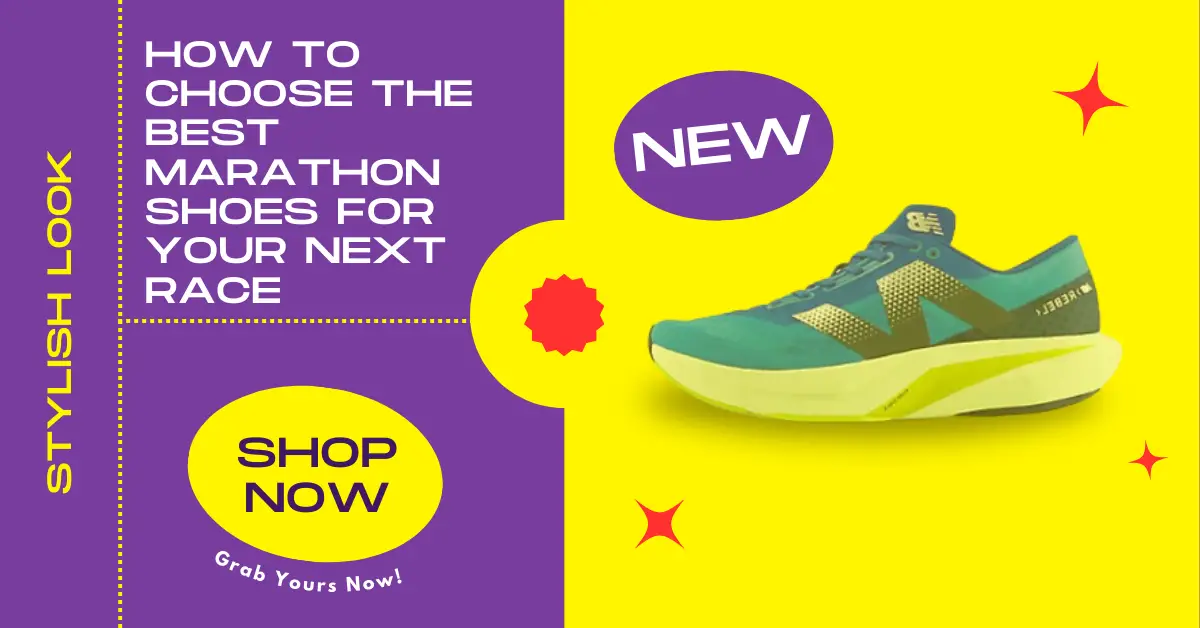Selecting the best marathon shoes can make or break your performance in your next race. No matter whether you are an experienced marathoner or a beginner, one of the most important decisions is choosing the right shoes. It is very important to feel comfortable and run well. The best marathon running shoes support you with every stride.
Here, in this guide, we will explain each and everything about choosing the best marathon shoes according to your requirements.
Why the Right Marathon Shoes Matter
Running a marathon means that your feet must withstand all pressure for an extended period. A proper pair of shoes offers the required protection, shock absorption, and stability. Which is important in maintaining off-track injuries, soreness, and overall performance. Poorly fitted or badly selected shoes can give you blisters, shin splints, or even serious long-term damage. Hence, when selecting a pair, it is rather important to spend time.
Key Factors to Consider When Choosing Best Marathon Shoes
1. Foot Type and Arch Support
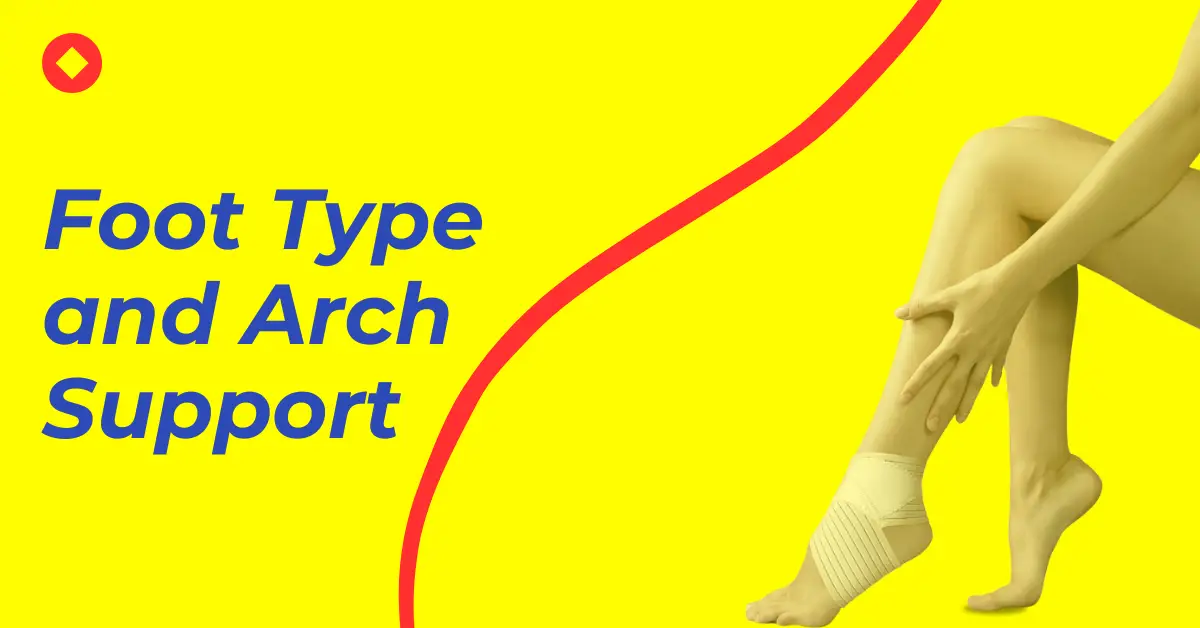
The type of your foot indeed influences the kind of marathon shoes that will work for you. Generally, feet take up three categories: neutral, overpronated, and underpronated (supinated).
- Neutral Feet: If one has a neutral arch, he or she should seek to get shoes that are balanced in cushioning and have a moderate level of support.
- Overpronation: Overpronators have low arches/flat feet that make the foot roll inward. Extra stability/motion control shoes are best.
- Underpronation (Supination): Those with high arches usually underpronate and put extra stress on the legs. Cushioned shoes with flexible midsoles are the best.
Tip: If you’re unsure of your foot type, consider visiting a specialist running store for step analysis.
2. Cushioning and Comfort
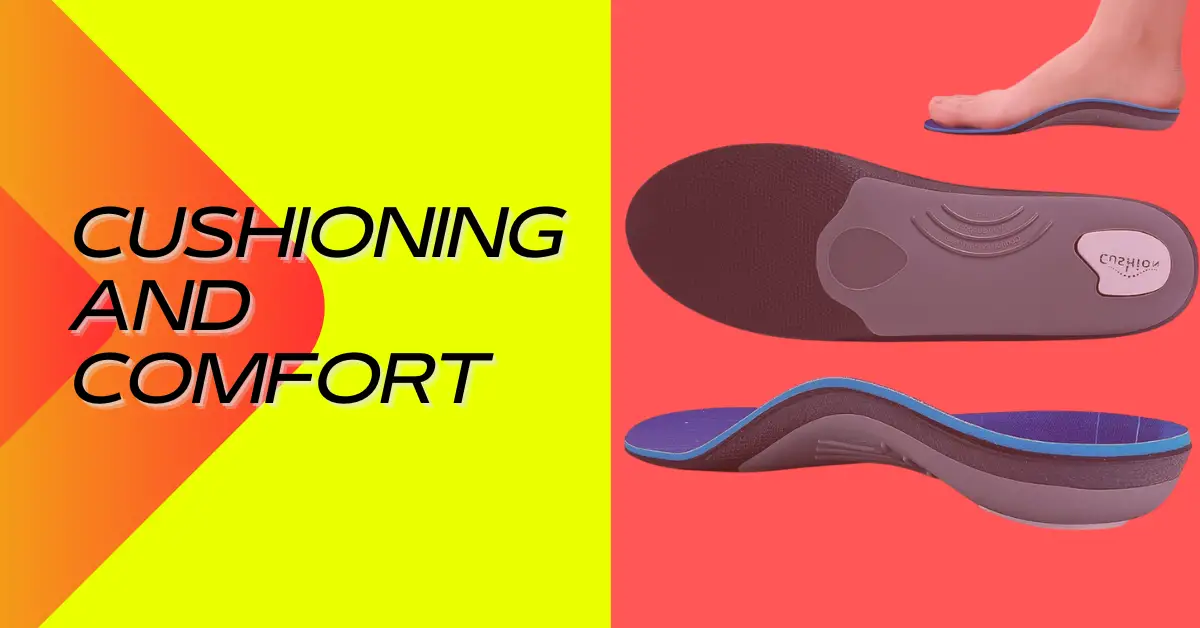
Long-distance running involves shoes that should have enough cushioning to absorb the impact of every step. However, a higher degree of cushioning is not always better. Some runners like having firmer shoes to feel the ground more and gain more control, while others will need the most available cushioning for comfort.
- Maximal Cushioning: Best for runners who like a softer ride or those who have had issues with joints in the past.
- Moderate Cushioning: Ideal for runners who wish to have a balance between comfort and responsiveness.
- Minimal Cushioning: Suitable for runners who like lightweight shoes and closer to the ground.
3. Weight of the Shoe
The weight of your shoe in a marathon impacts performance as distance lengths increase. Lighter shoes mean less energy used in lifting your feet, which may quicken your pace.
- Lightweight Shoe: Normally weighs less than 10 ounces. Ideal for the advanced runner as it provides great speed.
- Medium-weight shoes: These weigh between 10 to 12 ounces and would be the most appropriate balance between comfort and performance.
- Heavier: Usually above 12 ounces, these shoes provide a little more support and extra cushioning, and hence they are the choice of runners who consider comfort over speed.
4. Durability And The Materials Used On The Outsole
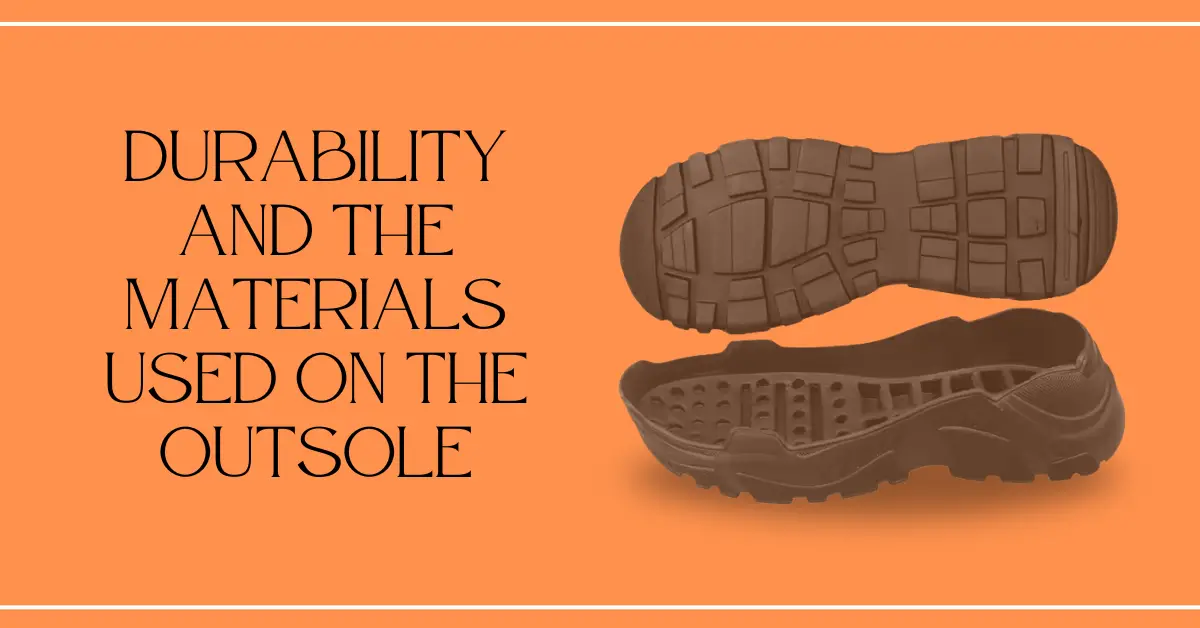
Marathon training involves running hundreds of miles; therefore, the shoes must be very durable. The rubber is a very popular material to use as the outsole of shoes. Make sure that the rubber that is used is top quality and long-wearing. Look at the areas of the shoe that experience the most stress thus needing reinforcement, for instance, the heel and forefoot.
- Rubber Outsoles: Offers durability and traction for running on the road.
- Blown Rubber: Lighter but less durable. A nice, cushioned feel.
Tip: If you plan to run on different surfaces, say, road and trail run in shoes whose outsoles can accommodate mixed terrains.
5. Fit and Sizing
The right fitting isn’t to be compromised when choosing marathon shoes. Your shoes should fit snugly but not tightly, allowing wiggling your toes. Consider the following:
- Toe Box: Your toes should have sufficient room in the toe box to avoid the formation of blisters and black toenails.
- Heel Fit: The heel should feel well-secured, at the same time not slipping and causing no blisters.
- Midfoot: Your midfoot should be well-supported, comfortable, and not constricted.
Tip: Feet often swell after long runs. One might consider trying shoes on towards the end of the day or after a run.
6. Breathability
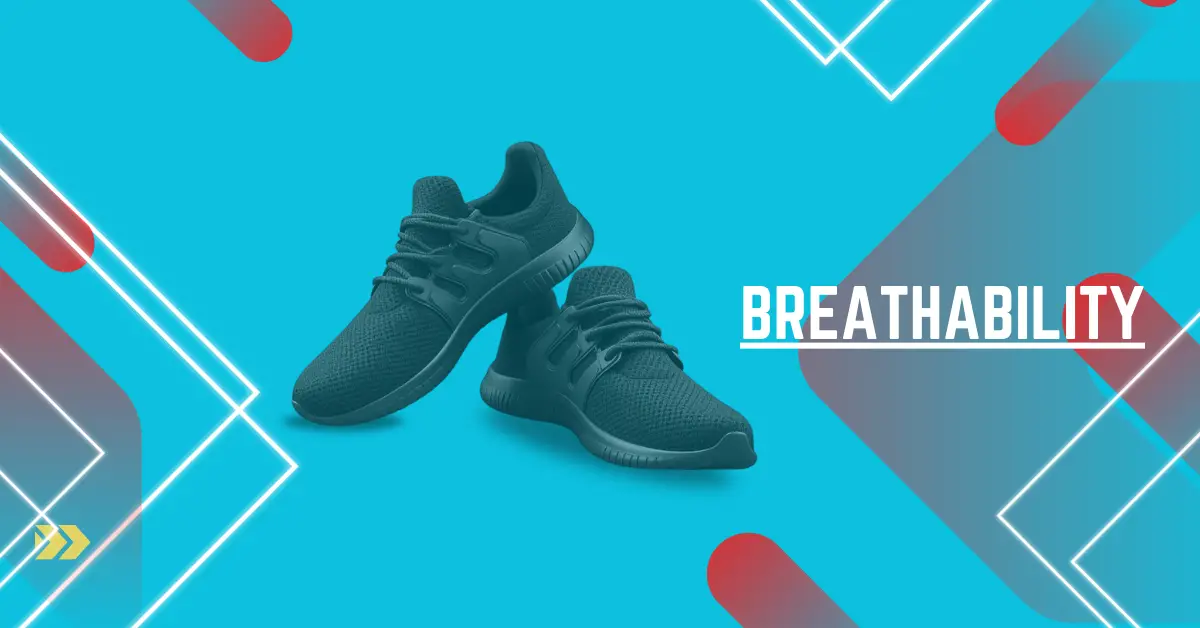
Breathable shoes keep your feet cool and dry. The breathable running shoes do not allow blister formation, fissures, or hotspots to take place. Thus, minimizing the irritation, hence lessening pain and discomfort. Look for shoes featuring mesh uppers that permit airflow and offer suitable support.
- Lightweight mesh uppers: Very good for marathons under hot conditions but over long distances.
- All-weather materials: Waterproofing is considered in rainy conditions but reduces breathability.
Top Marathon Shoe Recommendations
While personal tastes might differ, the next marathon running shoes have been highly rated to meet various needs.
- Best Overall: Nike Air Zoom Pegasus – A balanced running shoe model offering a balance of cushioning, support, and durability.
- Best for Overpronation: Brooks Adrenaline GTS – Excellent stability and support for overpronators.
- Best for Cushioned Comfort: HOKA ONE ONE Bondi – Maximal cushioning for a plush running experience.
- Lightweight Best Shoe: Saucony Kinvara – Lightweight, responsive, and the perfect fit for the speed-conscious runner.
Final Tips for Choosing the Best Marathon Shoes
- Try Them Out: Always try on shoes, and if possible, take them on a brief run before purchase.
- Not Before a Marathon: Never invest in new shoes right before a marathon. Break your pair in during training so they’ll be comfortable and work with your running style.
- Rotate Shoes: You can train in two pairs of shoes, rotating each so that you prolong the life of the shoes and decrease your chances of getting hurt.
Summary
The best marathon shoes are those selected with great care about your foot type, running style, and personal preference. Get a model that introduces the best balance between cushioning, weight, durability, and a serious boost in performance and comfort mile after mile. A good shoe will make the experience throughout a marathon enjoyable, free of injury, and set you up for success on race day.
Whether one is a professional or a beginner in running, the investment in a pair of the best marathon shoes for your needs will bring you closer to achieving your running goals. Happy running!

